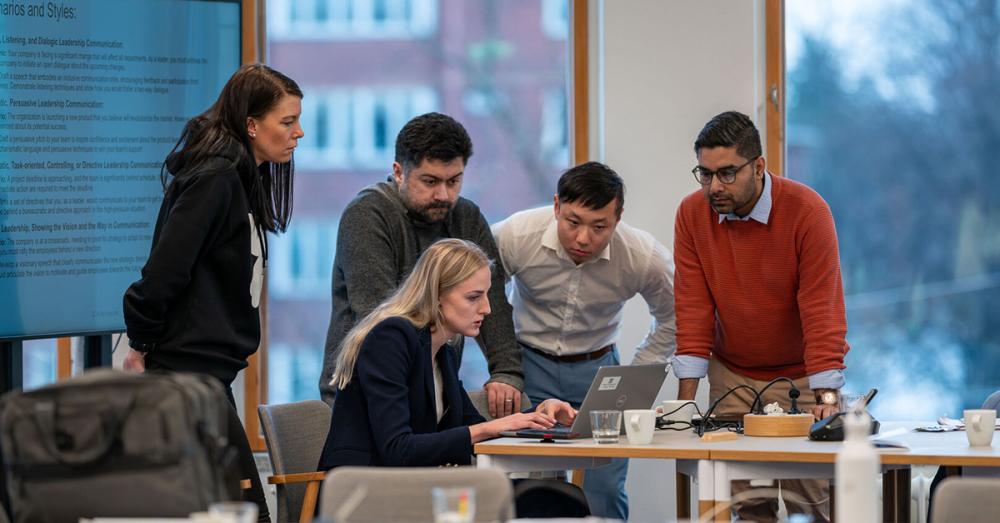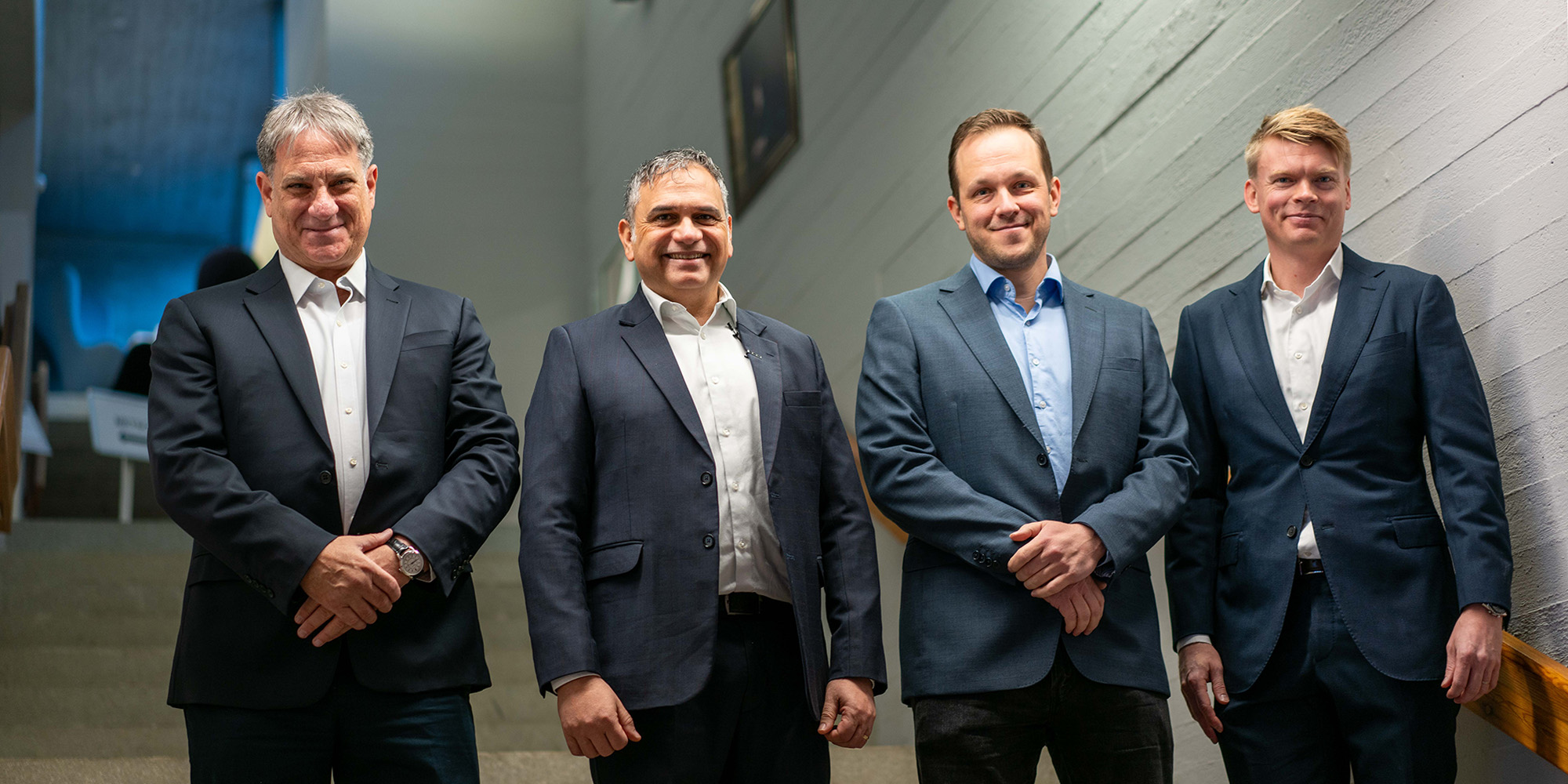“PSD2, Open Banking, and APIs signal profound changes in banking and finance. The key benefit of PSD2 is that it forces banks to cooperate with third parties. The inclusion of third parties also means that not all services need to be produced inhouse anymore,” says Harri Rantanen, Business Developer at SEB.
PSD2, or the Revised Payment Services Directive, entered into force in January 2018. The aim of the directive is to make the various payment services more widely regulated. It also forces banks to open the interfaces of their customer account information and transactions to third parties.
The 18-month transitional period of the associated Regulatory Technical Standards (RTS) ends on September 14, 2019, at which date banks should be ready for the change and account access fully open.
“Transitioning to new technologies is a big effort. If the API is not satisfactory on September 14, 2019, the bank must be able to offer an alternative account access. Experts from banks in Europe have compiled a list of questions to the EBA (European Banking Authority), and some questions still remain unanswered. With the summer approaching, the schedule will be tight,” Rantanen admits.
He says that preparations for the changes have been good in some regards and lacking in others. It will be challenging to eliminate all open questions in just a few months.
Personal data management and electronic identification require new solutions
A key issue is how to implement the robust digital bank customer identification required by the Revised Payment Services Directive in a way that is both easy for the consumers and fail-safe in terms of information security.
The European Union requires that the paper-printed online banking security numbers, still used in Finland, must be replaced with a more secure solution with the same timeframe as the Revised Payment Services Directive.
Reliable electronic identity is an essential part of overall security when service interfaces and transactions are opened to third parties. Strong authentication provides security, but it must also be easy for the user.
According to Rantanen, the authentication should be consolidated into one place to ensure easy and secure personal data management and to prevent copies of the electronic identity from being generated. There should also be a functional toolkit for managing permissions of data verification.
“For example, Finland is developing the SISU-ID, an electronic identity based on universal standards that aims to complement the authentication provided by banks. There is also the Mydata.org project that aims to make personal data management easier by creating a framework for application developers needing data access,” Rantanen says.
Platform economy brings new opportunities and requires a change in mindset
Transitioning from a closed banking ecosystem to Open Banking, open interfaces and the platform economy requires a completely new approach from the entire finance industry. In future, customers could for example compile services from different financial service providers into one application basket and access.
“Working together and cooperating smoothly requires a major change in thinking and doing. We must operate and offer banking and financial services on the terms of the platforms that our customers are using. New technologies create the possibility of managing all financial services through a single application.”
Rantanen says that the development and implementation of additional services through new technologies has sometimes been painfully slow in Europe. For example, the United Kingdom is ahead of the curve in Open Banking in both infrastructure and additional services thanks to quicker local regulatory requirements. On the other hand, customers are more conservative than expected when it comes to adopting new banking services.
“Among other things, the UK has built an automated solution for electronically switching your bank account from one bank to another. Last summer I switched my primary bank in Finland, and it still required a few physical branch visits. We have room for improvement in the provision of smooth digital services,” Rantanen says.
In APIs, the question is not only about to whom is the data disclosed to and under what terms, but also about who has the capability to process the data into a value-added service for the end customers.
New elements are also brought into the mix by blockchain technology and IoT (Internet of Things). IoT in particular will create massive amounts of new data that require processing in order to produce value and become useful in commerce.
Blockchain and distributed ledger technology, on the other hand, first emerged as a response to centralised and authoritarian service models during the banking crisis. However, now that the initial hype has passed, banks themselves are beginning to utilise the benefits of block chain technology to support new services and applications in the platform economy.
Sharing economy changes the banking sector as well
In a sharing economy, requirements and procedures change when people no longer own things like cars but instead use them collectively through communities. This requires new financing solutions as sales and quick income recognition decrease.
“Who, for example, will take an item to their balance sheet and mitigate its risks,” Rantanen wonders.
The transformation faced by banks and the financial sector is slightly similar to the one already underway in places such as libraries: Their core function of lending books is broadening into the supply of various items and the provision of communal spaces and solutions for organised activities. This is quite a departure from traditional library functions.
Shared use and communality will transform the banking sector as well.
“The emergence of different types of communities is an interesting trend. So far, it has been marginal in banking because it hasn’t felt intuitive.”
It remains to be seen how the finance industry changes in the coming years, but a lot of new things are certainly ahead.
“It will be a monumental transformation,” Rantanen says.
Several of Finva's seminars and online courses for finance sector are covering this matter. Finva is part of Aalto EE group.






















